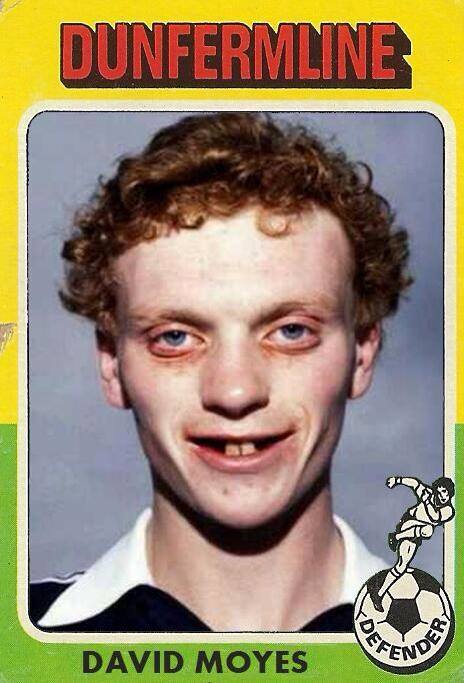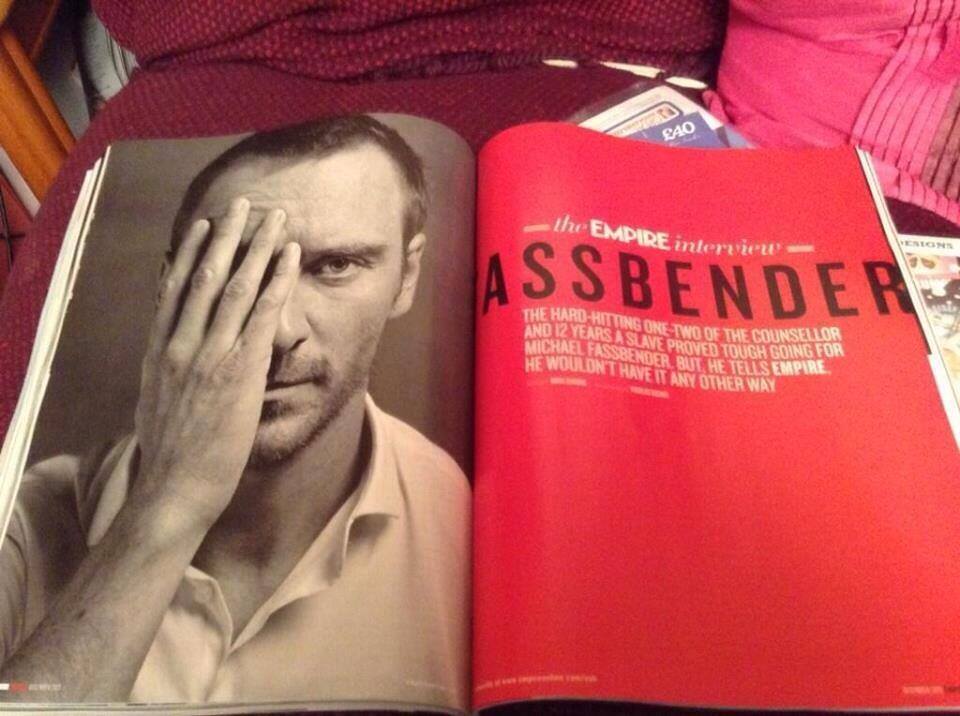Woke up this morning closed in on all sides, nothing doing. I feel resistance as I open my eyes. Someone’s fooling, I’ve found a way to break through this cellophane weekend
Dilbert artist’s success advice.
Small boy=Jack Nicholson (thanks, B):
Working in ad agency=being a human centipede (thanks, A).
Funeral selfies (thanks, A).
Composites of literary characters.
Penis church (thanks, J).
3rd pic in this attempt to sell a home is somewhat questionable (thanks, N).
Music procrastination a-go-go (thanks, C).
David Attenborough vs Miley Cyrus:
And… (thanks, L. By the way, the eagle-brained amongst you will note that this is a picture. Yes, I can finally post still images again. Thanks, A):
So fuck it, here’s another one (thanks, C):

